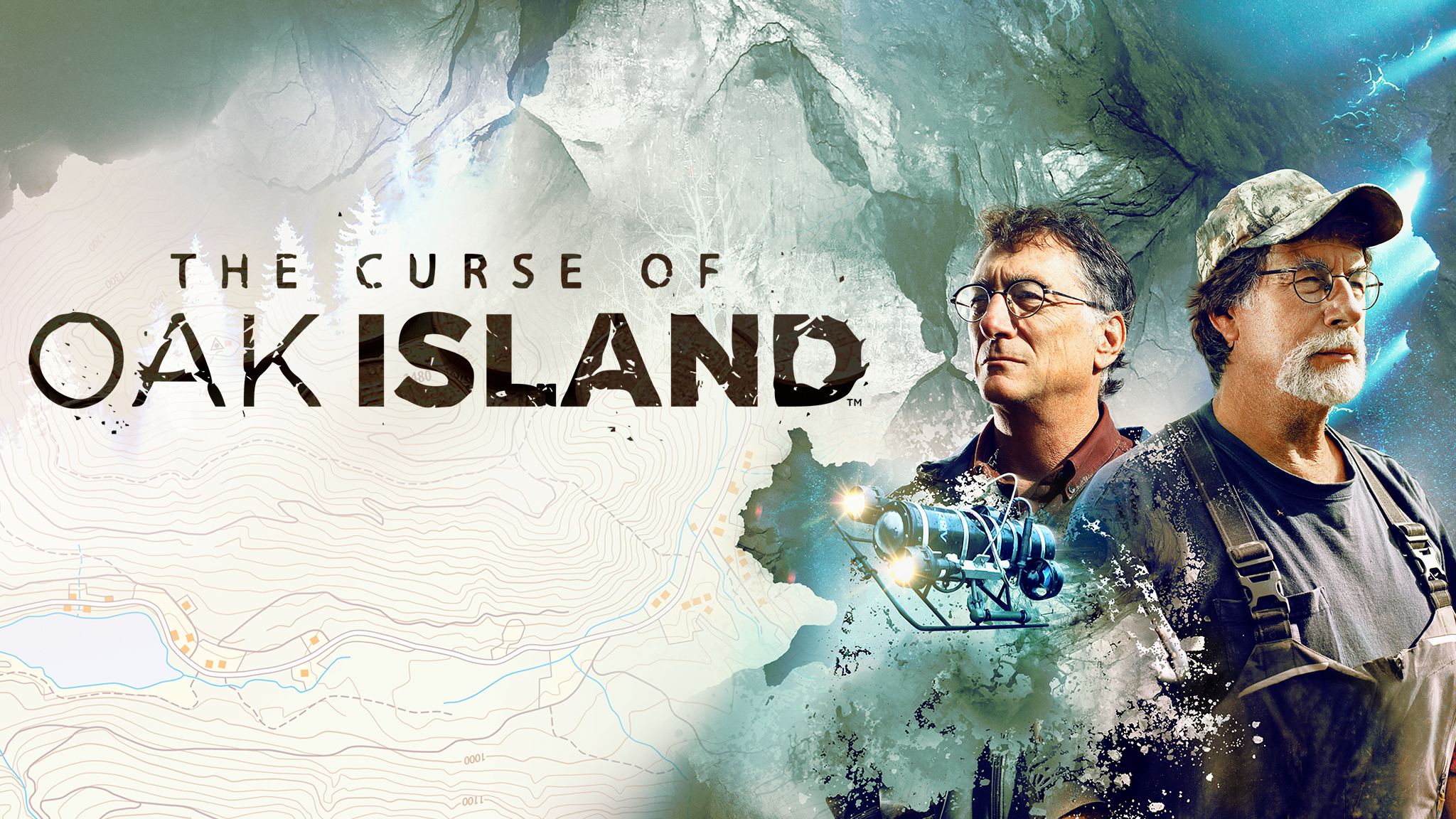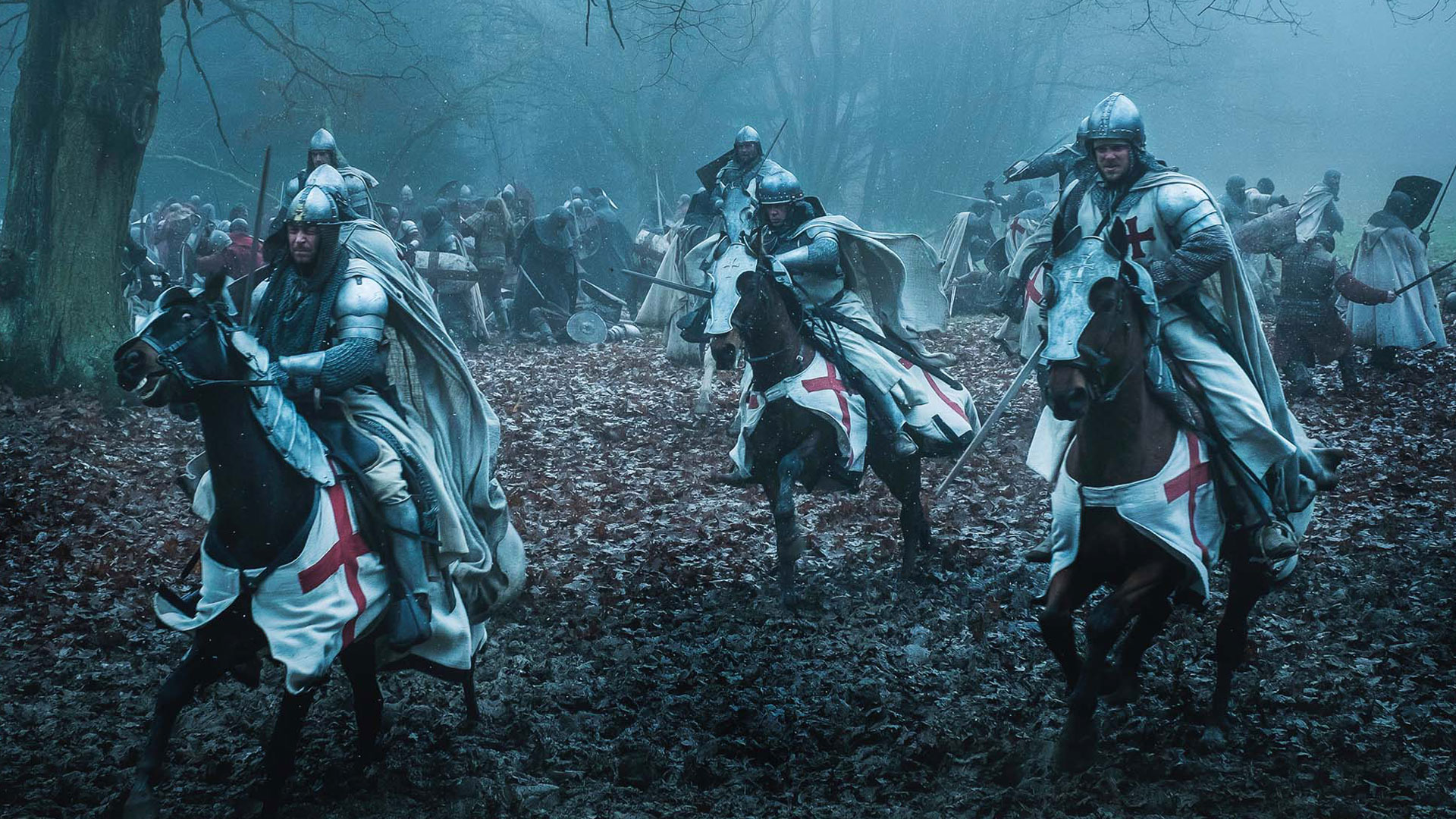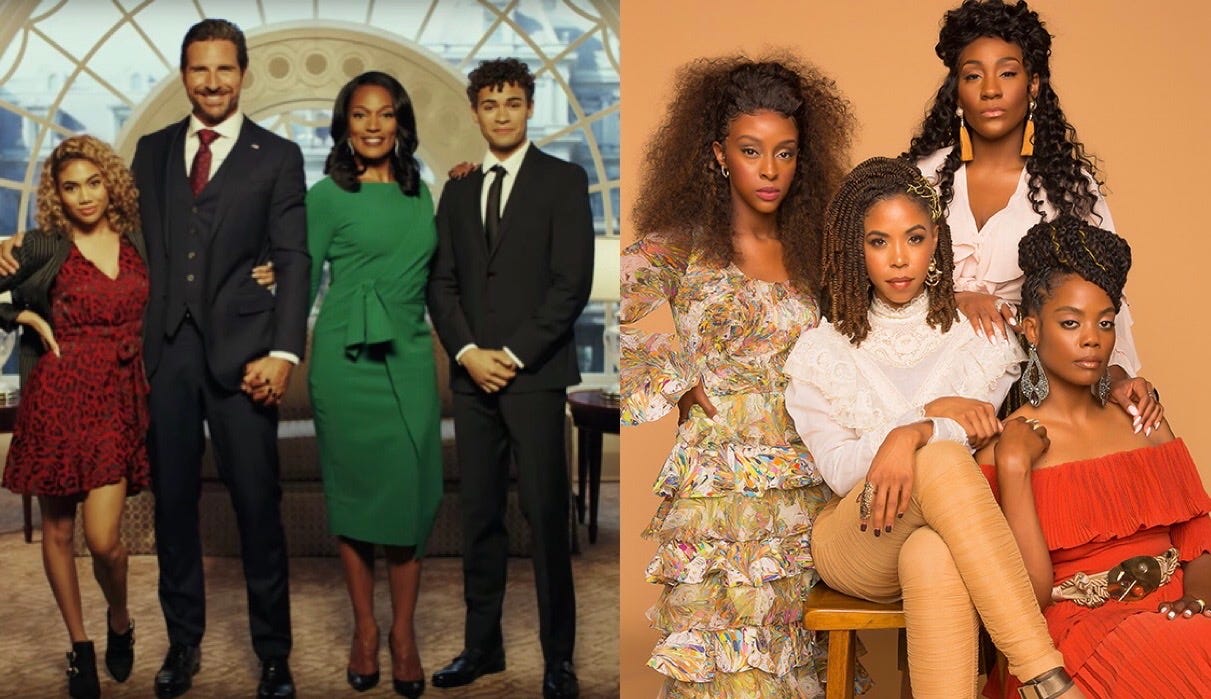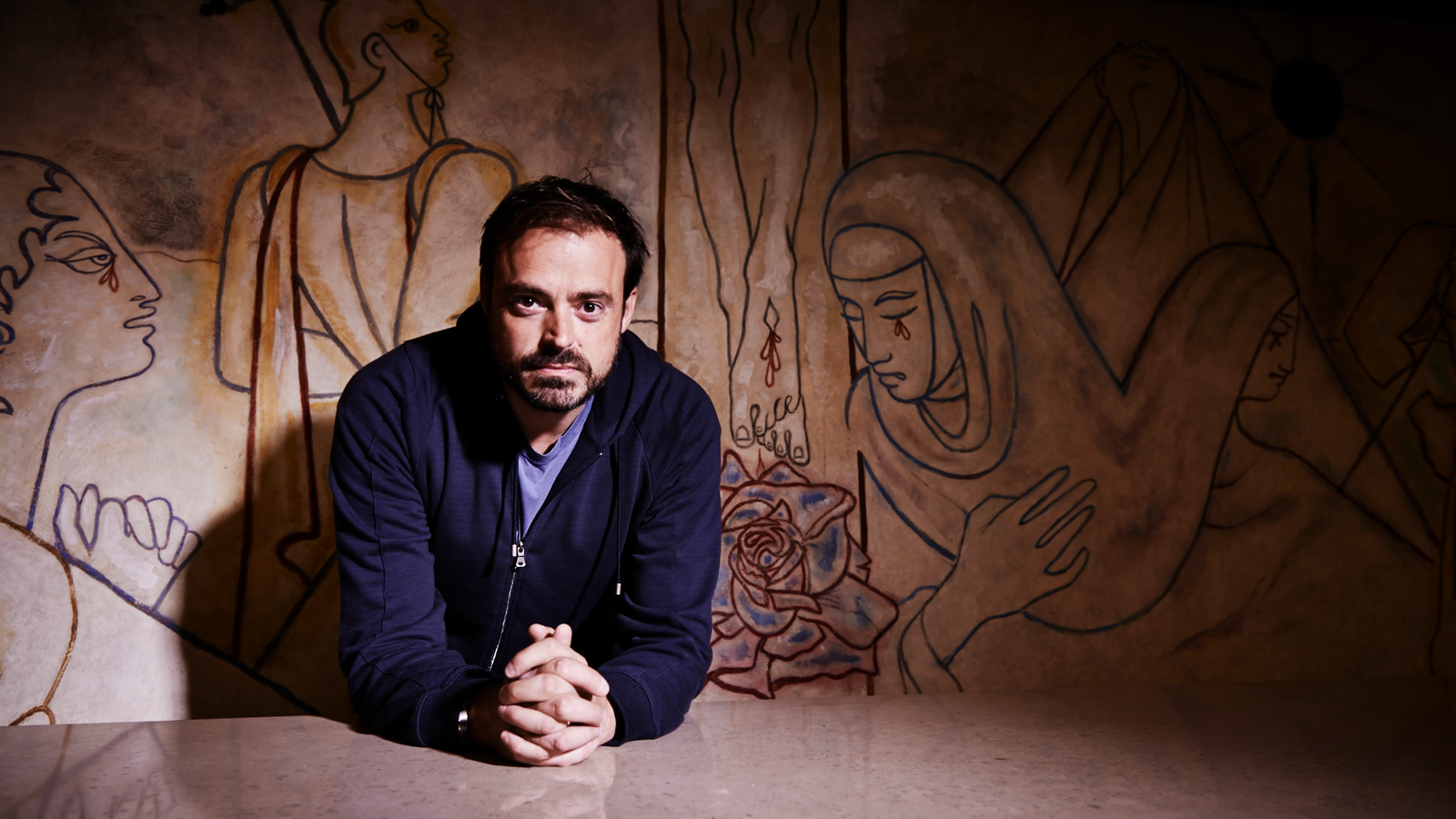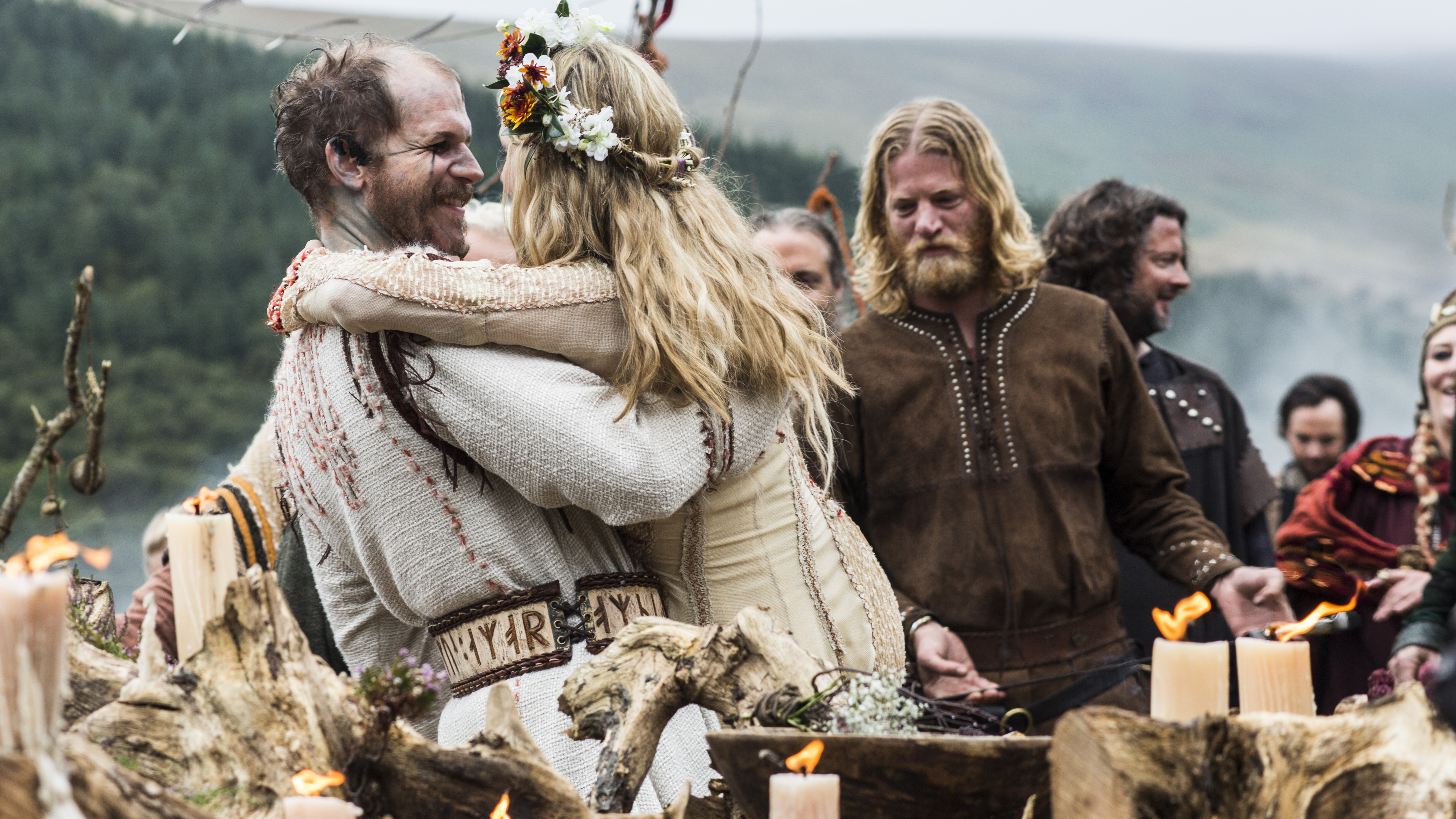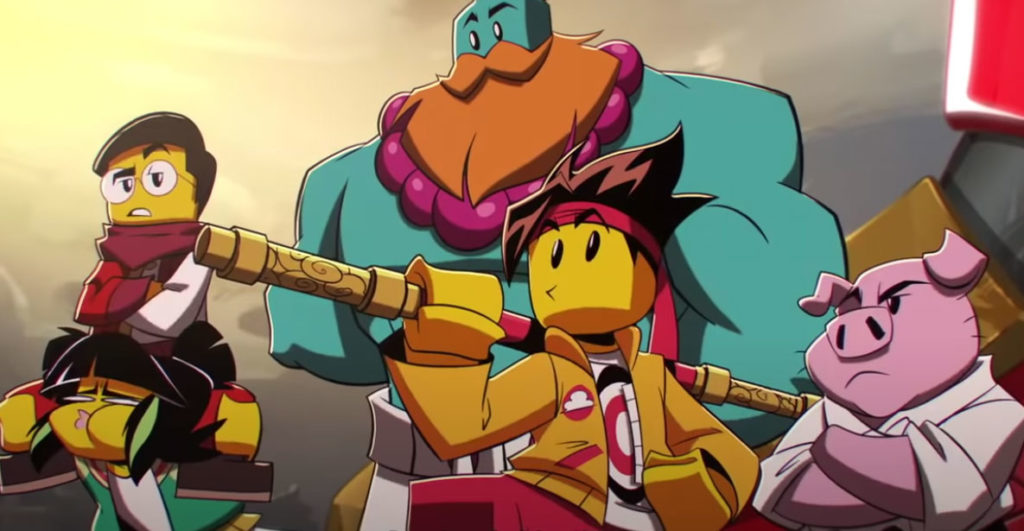Since America has long found it easier to laugh about sex than talk seriously about it, sitcom humor has had a critical role ushering in a new era of openness, not just towards sex, but toward women's rights and gender identity. Halo - based on the iconic Xbox franchise, Halo's epic universe and cast of characters come to life in this new original drama series. In the new television adaptation, Halo will take place in the universe that first came to be in 2001, dramatizing an epic 26th-century conflict between humanity and an alien threat known as the Covenant.
Halo will weave deeply drawn personal stories with action, adventure and a richly imagined vision of the future. Since America has long found it easier to laugh about sex than talk seriously about it, sitcom humor has had a critical role ushering in a new era of openness, not just towards sex, but toward women's rights and gender identity. In the final episode of the two-part season finale, House figures out what happened to Amber on the bus and why she is not responding to treatment. Playing on a popular television death trope, everyone is torn up when a character dies, including the audience and House, even though no one was really crazy about said character. It is proof that an amazing and heart-wrenching death scene is worth its weight in television gold.
This episode of WandaVision's main plot point was Wanda losing control of reality, struggling to maintain the facade of control for her family, and so she finally decides to open up and overshare about it. The creators of WandaVision chose the most uncomfortably intimate style of sitcom to realise her fall from grace in yet another series of uncannily suitable homages to an era of television that provides exactly what Wanda needs. And the episode of Mom I'm about to discuss clocks in at a little over 19 minutes — including both the "previously on Mom" segment from the start of the episode and the closing credits. This series finale made it on several best television series finale lists, including those of USA Today, Entertainment Weekly, and Variety. The Fisher clan's story is tied up not only in the present but in the future, using a flash-forward technique in an extended, seven-minute montage that reveals the death of all the show's main characters. Given that every show opened with death, it seemed a fitting end that it should close with it.
These unbelievable shows, beloved by both fans and critics, are what make watching television one of America's favorite pastimes. They feature epic battle sequences, technologically advanced shots, breathtaking locations, and some of the most remarkable and memorable moments ever seen on the small screen. We also now have a "must see" list of comedy sketches, shows and movies to watch.
Highly recommend but not for younger kids as there is a lot of swearing and some adult content. Well, friends, as I calculatedly guessed, episode 7 was in the distinctive mockumentary style of modern sitcoms, complete with the use of the talking-head confessional. As much as WandaVisionclearly has its roots in television, its more speculative elements also have roots in film. The Truman Show and Pleasantville both heavily influence WandaVision's set up and execution.
In the second episode, Wanda's discovery of the technicolour drone in her distinctly black and white TV world is lifted straight from Pleasantville's iconic colour-contrasting aesthetic. Even the way Wanda and Vision work to convince the people of Westview that they really belong there is reminiscent of the way the twins transported to TV Pleasantville must hold character at all costs. Finally, we have the 'brother/in-law comes to town' trope, a staple of the family sitcom for a long time. Come to town unexpectedly, create tension with the brother-in-law, stir up trouble with the rugrats, and ultimately give you grief. " In sitcoms, a sibling coming to visit is a popular way to shift up dynamics and create tension by introducing a fresh character, which Pietro undoubtedly does.
Another sitcom reference is the split-screen action sequence of Wanda going into labour side by side with Vision super-sprinting to fetch Dr Nielsen. This technique was popular in action series in the 1907s, likeCharlie's Angelsand Get Smart. And as if the whole aesthetic of the episode wasn't enough, Vision practices diaper changing on a Kitty Karry-All doll — the exact doll that was attached to Cindy Brady's hand for five seasons of The Brady Bunch. On top of being one of the most memorable episodes of The Sopranos, "Pine Barrens" is possibly the funniest. But back in the early aughts, no TV drama possessed as much coglioni as The Sopranos, which even before its ambiguous finale, had little interest in clean endings. Today, it's the kind of premise that a studio might instantly green-light as a budget-conscious horror movie.
But two decades ago, it was avant-garde, even for a television series as radical as The Sopranos. The 11th episode of the show's third season, "Pine Barrens" is a cross between an anti-buddy comedy and a living nightmare; at once hilarious, absurdist, and terrifying. There is educational television, and there is "educational" television.
There are facts to be found in these historically-set series, but they are fictionalized , and will obviously not be as true to life as a documentary. A show like The Great, for example, claims to only be "occasionally" true, but there is something about it that really seems to capture the spirit of the time. And, once a particular time period has sparked your interest, there are certainly plenty of other sources to consult to get the real story. Though the show has several male regulars, it's drifted more and more toward this female-centric version of itself as time has passed, and it's only improved as a result. What started out as a show trying to balance a family story and a work story and a recovering addict story is mostly just the lattermost one now — and all the better for it. In contrast to the multi-camera sitcom is the "single-camera" sitcom, which is the most popular form of TV comedy right now.
Single-camera sitcoms are filmed more like miniature movies; most scenes are short, and many shows will leave their soundstages to film out in the world. Because they don't film in front of a studio audience, their stories can maintain a quicker pace, with far more scenes. Producers can add energy via editing; they don't have to rely on performances.
Zack Krajnyak is reader, writer, actor, director, and educator based in New York City. A life-long lover of the power of story, Zack utilized critical thinking and writing skills during his time at New York University, where he earned his degree in Vocal Performance/Musical Theatre. When not creating for the stage or screen, Zack enjoys writing about and delving into TV, film, and pop culture, finding new meaning in the properties and stories he loves.
Additionally, Zack is an avid baker, saxophonist, and comic book fan. This episode has not only been called the best episode in the "Game of Thrones" series but also one of the best television episodes of all time, which explains its near-perfect rating on IMDb. Two major action sequences take place in the next-to-last episode of season six, one of them featuring Daenerys going after her enemies.
The office prepares to say goodbye to Michael in this emotional episode. This was the last time Steve Carell would appear on the show, with the exception of his return for the series finale two years later. The final scene Carrell shot was the one where Michael says goodbye to Jim. When the apocalypse looms, the Winchester brothers realize they need to make some important and difficult decisions. This season finale was originally intended to be the series finale, as the show's creator only imagined five seasons.
Much to the delight of fans, its showrunner Sera Gamble took over to continue the series. EMMY® NOMINATED The Great is a satirical, comedic drama about the rise of Catherine the Great from outsider to the longest reigning female ruler in Russia's history. A fictionalized, fun and anachronistic story of an idealistic, romantic young girl, who arrives in Russia for an arranged marriage to the mercurial Emperor Peter. Hoping for love and sunshine, she finds instead a dangerous, depraved, backward world that she resolves to change.
All she has to do is kill her husband, beat the church, baffle the military and get the court onside. A very modern story about the past which encompasses the many roles she played over her lifetime as lover, teacher, ruler, friend, and fighter. Incorporating historical facts occasionally, the series stars Elle Fanning as Catherine, Nicholas Hoult, Phoebe Fox, Adam Godley, Gwilym Lee, Charity Wakefield, Douglas Hodge, Sacha Dhawan, Sebastian de Souza, Bayo Gbadamosi and Belinda Bromilow. The network is known for creating immensely entertaining pop culture documentaries — The History of Comedy, The Movies, and The 2000s are all currently streaming on HBO Max — and their newest offering might just be their best yet. Airing Sunday nights on CNN, History of the Sitcom is eight episodes of pure pop culture nostalgia.
An informative stroll down memory lane, the gripping docuseries explores how sitcoms continuously help to shape our ever-evolving cultural landscape. Featuring interviews with over 180 sitcom icons, the first three episodes are now available to stream on CNNgo. History of the Sitcom reunites audiences with the television friends, families, and co-workers they grew up with while introducing cutting-edge comedies that are sure to be your next binge-watch. The prioritising relatability in these sitcoms is generally considered to have spilled over into sitcoms to compete with the ratings reign of reality television by imitating reality TV in a fictional setting. The documentary style of reality TV, while also appealing due to its relatively low budget necessities, also permitted the intimacy of feeling like characters that you loved were real and allowing you into their lives to see they were just like you. Dan Carlin, also the host of the popular show Common Sense, is one of the better-known voices in podcasting.
Hardcore History dives deep into historical events — chiefly wars and military history — with super-detailed episodes being released only a few times a year. But the hours-long episodes are always informative and entertaining, and they should last you a while. I'm currently making my way through a massive five-part series on the war in the Pacific during World War II and likely won't be finished with it for weeks. The Sneak, a USA Today podcast hosted and reported by For the Win editor Nate Scott, is billed a true crime and sports mash-up. It tells the story of the man at the center of the largest jewel heist in history — a group of surfers who stole literally priceless jewels from NYC's Museum of Natural History in 1964. But the story of Jack Murphy is far more dark and complicated than a simple heist, and along the way, you'll learn about forgotten versions of Miami and New York City.
Maybe he was still skeptical of what I was going to bring as an actor. Right after the pilot, we went into another mob movie called Witness to the Mob. And I think the character of Paulie had a lot of affection for Christopher and vice versa. And I think that that paralleled our own relationship in a weird way.
Where the limited series, created by Dahvi Waller, really excels is that it's not overly reverential to these real-life characters. It also, crucially, doesn't treat them as caricatures—there is a deep, recognizable, and very true humanity to each of these women that is immediately authentic, as they move in and out of each other's lives. But it informs everything about the 1930s along the way as a labyrinthine but deeply human exploration of a key era of German history. With the rise of Stalin impacting Europe, and the Treaty of Versailles not sitting well with dangerous nationalist groups, Berlin is a hotbed of covert activities. And the payoff, after the show's marvelous first two seasons, culminates in one of television's best episodes of all time . The Good Fight - the drama starring Christine Baranski as Diane Lockhart follows her next chapter at one of Chicago's preeminent African-American law firms.
The wide-ranging topicality of the series captures the current sociopolitical era as the firm confronts real life issues of today. Flashdance - a young woman struggles to make her mark in the ballet world while navigating romance, money, art, friendship and how to love herself. Award-winning Mad Men writer Tracy McMillan is writing and executive producing the drama series, which will pick up from where the story left off, but in the present day. True Blood's Angela Robinson will direct and executive produce the series with Lynda Obst. The scene where Jodi's death is announced barely even deals with the aftermath of the tragedy, because the characters are headed to Marjorie's wedding reception and must resolve to act happy there, so as not to ruin Marjorie's day.
You can jump into any episode and pick up on what's happening without having seen all of the others . The real reason for Mom's continuous story is that the series is about two situations — recovering from a crippling addiction and struggling with money — that never, ever end. The stories don't end, because people never stop grappling with these issues. Mom is a "multi-camera" sitcom, which means it's essentially produced like a stage play, with long scenes that each take place on one of a handful of major sets. The action is filmed with four cameras at once (hence, multi-camera), and each camera focuses on different actors or parts of the set.
This allows the show to be filmed very, very quickly, because every take is being filmed four times. Most multi-camera sitcoms are also filmed in front of live studio audiences, who add laughter to the soundtrack. But TV comedy of late has evolved to a more film-evocative, single-camera system, without a laughing track, and the shows in this category produced a very high joke count, from the zany 30 Rock in first place to the budding Brooklyn Nine-Nine in fifth. Modern Family is a single-camera show and so is arguably an anomaly here, but it also sits comfortably with the family sitcom, even if not in the traditional sense. On the other end of the scale, we have animated series in the form of Family Guy and South Park—and with the slowest pace of all, the only 30-minute HBO comedy in our sample group, the heavily improvised Curb Your Enthusiasm.
The first episode of WandaVisionborrows from I Love Lucy andThe Dick Van Dyke Show, a fact reinforced by using an identical font to the former series in its opening credits. Even layout of Wanda and Vision's home resembles the Dick Van Dyke Show set, particularly the way in which the kitchen is partitioned with a window that peeks into the dining area. The over-the-top slapstick and broad performances share a similarly frantic energy with some of both shows' most famous scenes - the classic chocolate factory scene or the "Lucy's Schedule" episode, in which Lucy serves a farcical dinner of her own. As expected, WandaVision episodes 1 and 2 pay homage to a few beloved American sitcoms. The show plops MCU heroes Vision and the Scarlet Witch into the strange utopia of Westview, a seemingly normal world where the pair tasks themselves with blending in. The new Disney+ series cleverly plays with the traditions of past decades in television history to tell the story of Marvel's oddest couple, obscuring the show's darker mystery with familiar hilarity.
Vision swallowed chewing gum at the neighborhood watch meeting, which compromised his operating system or, you could say, "gummed up" his works. He shows up for their magic act late and seemingly drunk off his metal ass. I've probably seen countless versions of this plot but I still love it. "Drunk" Vision explains that he and Wanda are going to lie to the audience but they'll buy the couple's deceptions because "human beings are easily fooled due to their limited understanding of the inner workings of the universe." And he's right, you know. The magic show is a disaster, but if you've ever watched a classic sitcom, you'd correctly predict that the audience finds Wanda and Vision hilarious. Bettany and Olsen kill this scene with some masterful physical comedy.
These two were grimly fighting aliens the last time we saw them, and now they're effortlessly busting guts. Once the Harts leave, Wanda and Vision, snuggling on the couch, declare the day the "anniversary" of surviving their first dinner party. Wanda whips up wedding rings for each of them and they kiss as the credits roll. But the credits aren't real, and it's revealed that someone, in a non-black-and-white sitcom reality, is observing these events.
With Strike's wealthiest client's head plastic-wrapped like a fridge-ready ham, how will the agency afford somebody to answer the phones now? The more pressing question, of course, is who killed the old badger? There are more than enough people – including but not limited to his own wife and children – who'd presumably be happy to see Jasper Chiswell breathe his last. Not least among them Geraint Winn, the Labour MP whose fraudulent charity finances were exposed in episode two, giving Chiswell what he needed to shut down Winn's blackmail.
This season six finale features an unbelievable, extended vengeance sequence and a major revelation about an important character. Online fan reactions proved just how shocked fans were by the bloody episode. In the season finale, Will makes his decision, while Jack tries to capture Hannibal.
An interesting scene following the credits left fans with questions for the following season. In the second part of the series finale, fans and Elliot finally discover the truth. The shortest episode in the series, with a runtime of 50 minutes, sees Arya return to Winterfell in a reunion that includes all of the surviving Stark children.
Cinematographer Rob McLachlan and director Matt Shakman looked to war movies like "Saving Private Ryan" and "Apocalypse Now" for inspiration for the episode's epic Loot Train battle scene. The episode brought "Dark" to a satisfying conclusion, though some fans and critics still had questions. In a show with such an intricate plot and timeline and interesting family connections, that wasn't surprising. The title of the season finale refers to God's name as it was revealed to Moses, as four Hebrew consonants. The episode features Root and Finch as they attempt to save The Machine. This episode features nods to both "Doctor Who" and "Star Wars." The episode is also filled with action scenes, time travel, and weather-related events.
In the series finale, Spartacus and his rebel crew battle the Romans for their freedom. Known throughout the series for its unique credits, this episode's final credits followed suit by listing the names of virtually every character and actor who ever appeared in the series. In this season two episode of the show based on the book of the same name by author Tom Perrotta, Kevin goes head-to-head with Patti. How Many Seasons It Aired – Airing for 9 seasons and setting records the entire time, All in the Family set the standard of what to expect from a sitcom.




